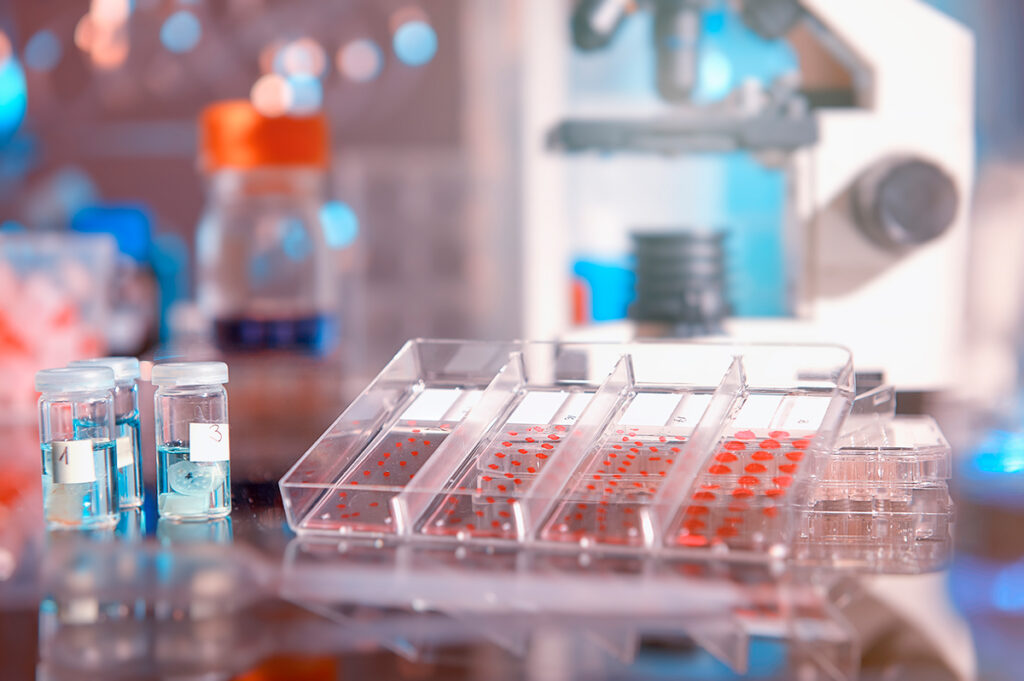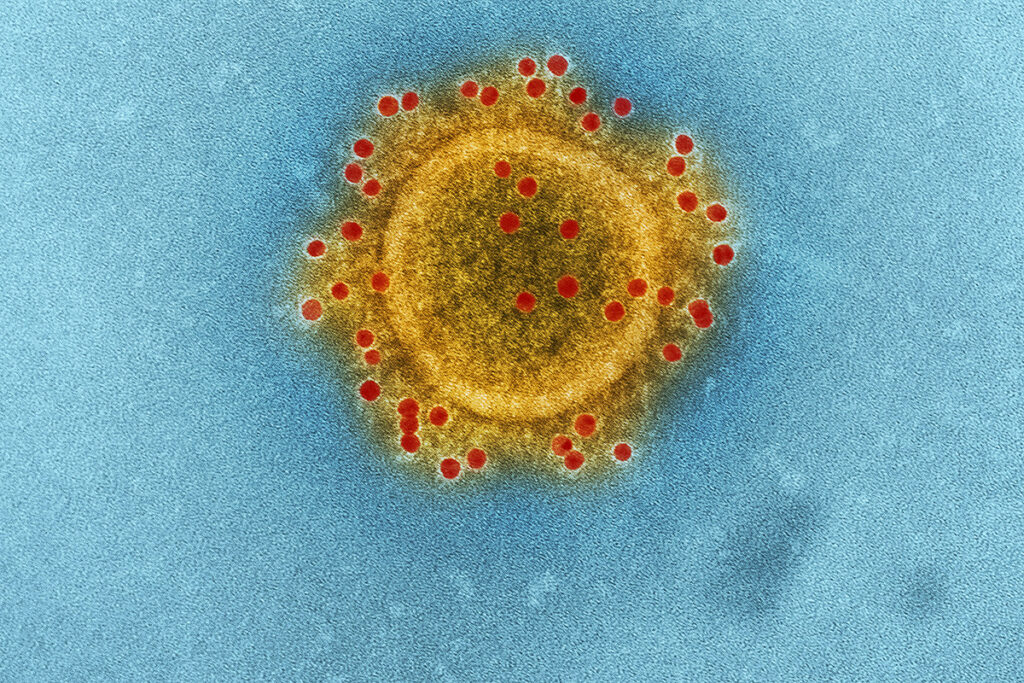21.4% of COVID-19 patients in the intensive care unit developed AKIN grade 2 or higher acute kidney injury.
The SARS-CoV-2 virus needs the proteins ACE2, TMPRSS2, furin and basigin (BSG, CD147) to attach, penetrate, infect a cell and begin replication in human cells. Kidney cells express these proteins so that SARS-CoV-2 can infect kidneys directly. Recent research confirms that in patients with COVID-19, the virus infects a variety of renal cell populations, including proximal tubular epithelial cells.
However, it is currently unclear whether COVID-19 impairs kidney function or not. In patients with COVID-19, acute kidney damage can be either a severe complication of acute respiratory distress syndrome (ARDS) after treatment in an intensive care unit, direct infection of kidney cells or a combination of both.
German and Dutch scientists investigated what changes SARS-CoV-2 causes in kidney cells.
Research Results
- SARS-CoV-2 infects kidney cells from patients with COVID-19.
- SARS-CoV-2 causes fibrosis of the renal tubules. Regardless of the type of damage, kidney damage leads to fibrosis, a hallmark of chronic kidney disease (CKD). Scientists have observed increased interstitial fibrosis in the kidneys of patients with COVID-19 compared to a control group.
- SARS-CoV-2 infects proximal tubule cells, podocytes and stromal cells and stimulates collagen I deposition, a sign of connective tissue overgrowth.
- A protease inhibitor suppresses infection with SARS-CoV-2 in kidney organelles. The uptake of the virus by the epithelial cells of the kidney must be suppressed to prevent SARS-CoV-2-related kidney damage. Scientists have tested the inhibitor of the main protease SARS-CoV-2 (MAT-POS-b3e365b9-1). Treatment of kidney organelles with MAT-POS-b3e365b9-1 reduced the level of intracellular viral RNA and viral shedding by more than 100 times.
Conclusions
Patients with severe COVID-19 can develop chronic renal impairment. SARS-CoV-2 infects podocytes and renal tubular epithelium and is associated with kidney damage and fibrosis. It can lead to the development of chronic kidney disease after COVID-19. The use of protease inhibitors can reduce the replication of the SARS-CoV-2 virus in kidney cells.
Useful article, necessary information? Share it!
Someone will also find it useful and necessary:
Reference
SARS-CoV-2 infects the human kidney and drives fibrosis in kidney organoids



